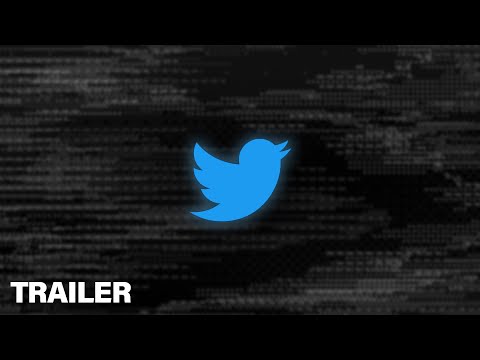**Elon Musk Unleashes Twitter Files: A Glimpse into the Shadows of Social Media**
In an era where social media has become a lifeline for communication and expression, the revelation of the Twitter Files by Elon Musk has thrown a spotlight on the hidden corners of online discourse. Since Musk took the reins of Twitter, many have been eagerly awaiting changes to the platform’s practices. The release of thousands of internal documents set the stage for a discussion on censorship, bias, and the influence of power players on the information that flows through our digital channels.
As the narrative unfolds, it seems like many conspiracy theories that have fluttered around the information highways have been given a ring of truth. The documents, which are touted to be some of the most secure in U.S. history, reveal evidence of collusion, pointing to the possibility that social media giants might not be operating as independently as we once believed. This revelation has sent ripples through the conservative community, igniting a firestorm of debate on whether free speech is truly upheld in spaces designed for open dialogue.
One key point emphasized in the discussion is that not all voices are heard equally on social media platforms. For conservatives, especially, the sentiment of being marginalized or silenced has become a recurrent theme in their narrative. Far-right groups have often cried foul over perceived censorship, claiming that certain opinions are systematically suppressed. The Twitter Files appear to provide ammunition for these claims, with findings that suggest biases in the way information is disseminated and controlled.
The concept of disinformation is also brought to the forefront. It’s a buzzword that has been thrown around, often without substantial evidence to back it up. However, with the chaotic landscape of digital information sharing, determining what constitutes disinformation can be as murky as a swampy bog. Critics argue that calling something disinformation serves as a convenient label to dismiss views that challenge the mainstream narratives. This begs the question—who decides what is “true”? The Twitter Files may offer a glimpse into how the gatekeepers of information have operated, revealing an underbelly that many might find unsettling.
Finally, amid the whirlwind of debates and revelations, one cannot overlook the overarching theme of freedom. The very foundation of American democracy is built upon the pillars of freedom of speech and religion. The discussion surrounding the Twitter Files touches upon these vital rights, sparking conversations about what it truly means to be free in a digital age. Are our voices being silenced in the name of safety, or is there a more insidious control at play? As more revelations drip out from the troves of information, only time will tell how this drama unfolds and what it means for the future of free expression in America.
With Musk at the helm and the Twitter Files in play, this saga is likely far from over. As citizens of a nation forged in the ideals of liberty and democracy, the journey into uncovering the truth surrounding social media operations is a ride worth taking. So grab some popcorn, folks, and buckle up—this show is only just beginning!



